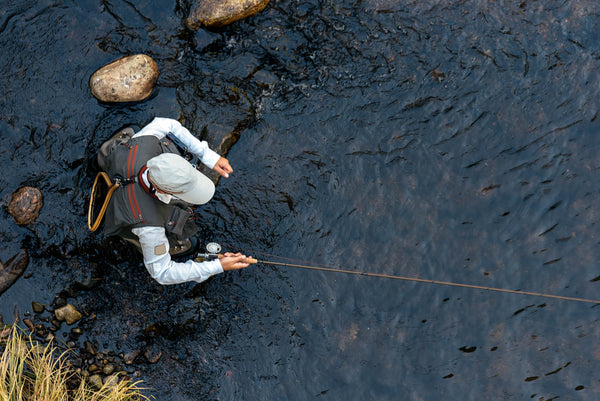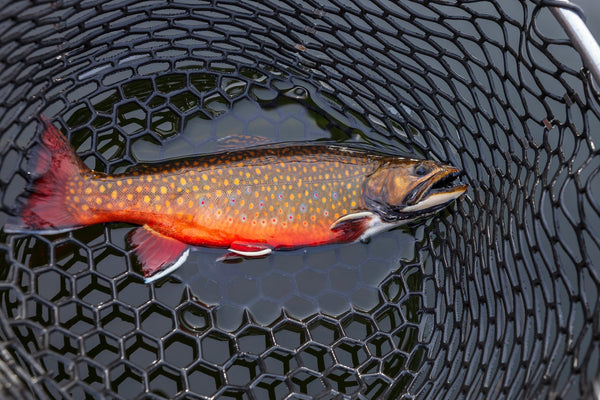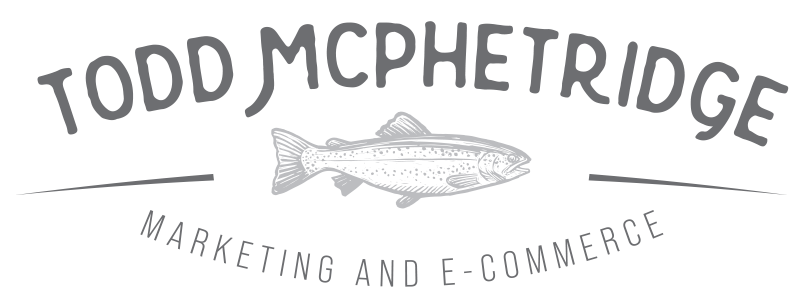Outdoor Industry Marketing Strategies
Proven plays to grow qualified traffic, conversion, and revenue
Set your strategy like a Marketing Consultant, execute like an Ecommerce team
If you sell gear for trail, water, or backcountry, your buyers plan trips on mobile and compare products across tabs. Winning requires a focused plan and disciplined execution. This article outlines practical moves a senior marketing consultant and ecommerce consultant would use to grow revenue for Outdoor brands. The aim is simple: improve SEO, stabilize PPC, lift conversion rate, and create a reporting rhythm that supports smart budget decisions.
Know your buyer jobs and map content to intent
- Research what buyers actually say: interviews, review mining, on-site search logs, post-purchase surveys. Capture phrases like ultralight rain shell or cold river waders.
- Group by job, not just demographics: alpine starts, shoulder season rain, desert heat, late-season stand sits.
- Route by intent: problem queries to guides, comparison terms to honest tables, solution terms to dialed PDPs.
SEO that captures demand and supports paid efficiency
- Site architecture: clean collections and URLs that mirror how people shop. Link guides and comparisons to the two most relevant PDPs.
- On-page fundamentals: titles, H1s, and alt text that name the job. Target terms like lightweight waterproof hiking jacket or binoculars for open country.
- Schema and speed: product, review, and FAQ schema plus fast images and minimal scripts to improve crawl and rankings.
PPC that scales without waste
- Search structure: separate exact and phrase for problem, comparison, and product terms. Keep a standing negatives list to avoid tail spend.
- Shopping quality: variant-true images, clear titles, and labels by margin tier and stock health. This protects blended ROAS.
- Budget steps: raise spend in small increments only after two weeks at target CPA or payback. Pause expansion if marginal CPA worsens.
Paid social prospecting that earns attention in three seconds
- Message pillars: utility, proof, lifestyle fit, maker point of view.
- Hooks that travel: stopwatch setup, split-screen weather test, packability reveal, material choice explained.
- Landing control: prospecting to guides that repeat the promise, warm traffic to PDPs with delivery window and a short price justification near the CTA.
Content that teaches and converts
- Guides and checklists: three-day pack list, first cold river kit, late-season stand system. End with two recommended products.
- Comparison pages: weight, warmth or waterproof metric, pack size, best for, warranty. Keep tradeoffs honest.
- Owner stories: real trips with gear lists and lessons learned. Authentic proof fuels remarketing.
Product pages that answer every buying question
- One-line job statement: name the use case at the top.
- Spec and fit clarity: weight, materials, warmth or waterproof metrics, sizing examples by height and weight, compatibility notes.
- Price justification: materials, construction, service coverage in three bullets near add to cart. This is core to effective ecommerce consulting.
Media that earns the first click
- Primary images: clean background, three-quarter angle, natural shadow, variant accuracy. Essential for product image optimization.
- In-field context: on-body shots, loaded packs, tripods on uneven ground. Short clips for setup and pack-down.
- Zoom and 360: fast zoom on mobile and simple 360 for shape-critical items.
Email and SMS that increase repeat rate
- Onboarding: setup and care, layer guides, climate tips tied to the item.
- Reactivation: in-stock alerts, size swap notices, weather-triggered reminders.
- Post-purchase add-on: one care or accessory item that improves longevity or performance.
Checkout that feels instant and safe
- Guest checkout and wallets: Apple Pay, Google Pay, Shop Pay visible above the fold.
- Short forms and clear errors: fewer fields, strong validation, delivery estimate and returns window early.
- One thoughtful upsell: keep it relevant and optional to protect trust.
Analytics that guide smart spending
- UTM discipline: fixed picklists for source and medium so reports match reality.
- Cohort reads: day 30 and day 60 contribution per new customer by first touch channel. Fund what pays back.
- One-page scorecard: spend, sessions, conversion, AOV, returns, contribution per order, inventory flags.
Common pitfalls and quick fixes
- Pretty ads, vague pages: fix routing and repeat the promise on landing.
- Keyword sprawl: prune to high intent themes and refresh negatives weekly.
- Thin PDPs: add job statement, fit notes, price justification. Expect conversion lift without discounts.
- Slow mobile: compress images, defer noncritical scripts, surface wallet buttons. Track phone checkout completion.
Work with a consultant who ships results
If you want hands-on help implementing these plays, review my Marketing Consultant approach or explore my Ecommerce Consultant services. Both outline how disciplined digital marketing for outdoor brands becomes a weekly operating system that grows revenue.


























